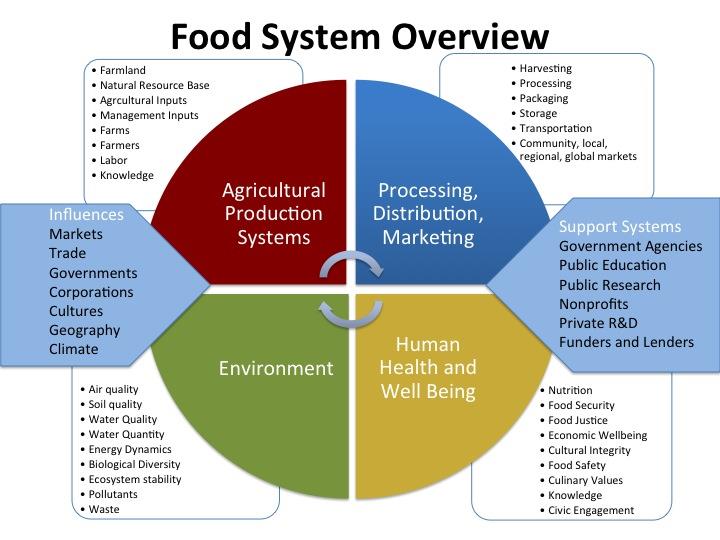Title: Exploring the Impact of Food Industry and Policy on Home Cooking: A Comprehensive Guide
Introduction:
In today’s fast-paced world, home cooking has become increasingly scarce. With the rise of convenient takeaway options and processed food, many individuals have abandoned the art of cooking from scratch. However, it is essential to understand that the food industry and policy play a significant role in shaping our cooking habits. In this blog post, we will explore the impact of the food industry and policy on home cooking, shedding light on the challenges and providing valuable insights.
1. The Influence of Marketing and Advertising:
The food industry heavily invests in marketing and advertising to influence consumer behavior. From fast-food chains to processed food manufacturers, they often promote convenience and time-saving solutions. This constant exposure to enticing advertisements can sway individuals away from home cooking. Being aware of this tactic can help you make conscious decisions and opt for healthier alternatives.
2. Availability of Processed Foods:
The proliferation of processed foods in the market has made it easier for people to rely on packaged meals, snacks, and beverages. Such foods are often loaded with preservatives, additives, and unhealthy ingredients. As a result, they contribute to poor eating habits, leading to adverse health effects. Recognizing the importance of fresh, whole foods can motivate you to prioritize home cooking for a healthier lifestyle.
3. Government Policies and Regulations:
Government policies and regulations can significantly impact the food industry’s practices and, subsequently, home cooking. Initiatives promoting nutrition education, food labeling, and the control of harmful additives can empower consumers to make better choices. Staying informed about dietary guidelines and supporting policymakers advocating for healthier food options helps promote a positive change in the food industry.
4. Limitations in Access to Fresh Produce:
In certain areas, particularly urban settings, access to fresh produce can be challenging due to limited availability or high prices. This impediment can discourage individuals from cooking at home, as processed and fast foods seem more accessible and affordable. By exploring alternative options such as farmers’ markets, community-supported agriculture, and vegetable gardening, individuals can regain control over their ingredient choices.
5. The Need for Time and Skill:
Modern lifestyles often leave little time for cooking from scratch, and many individuals lack the necessary culinary skills. Fast-paced work schedules and demanding commitments can make it tempting to resort to quick, ready-made meals. However, investing time in meal planning, prepping, and acquiring basic cooking skills can transform your relationship with food and foster a more sustainable home cooking routine.
Conclusion:
Understanding the impact of the food industry and policy on home cooking is crucial for individuals seeking to adopt healthier eating habits. By recognizing the influence of marketing, choosing whole foods over processed options, supporting beneficial government policies, and overcoming limitations in access and skills, we can reclaim the joy and benefits of home cooking. Embracing this valuable lifelong skill will not only enhance our health but also provide a platform for creativity, self-sufficiency, and stronger connections with food and loved ones.
Remember, the power to transform your cooking habits lies in your hands. Let’s embrace home cooking as a pathway to wellness and a positive step towards a more sustainable future.
[Word Count: 521]











